Why Allowing Multiple Citizenship in Ukraine Will Be a Win-win for Ukrainians And Others
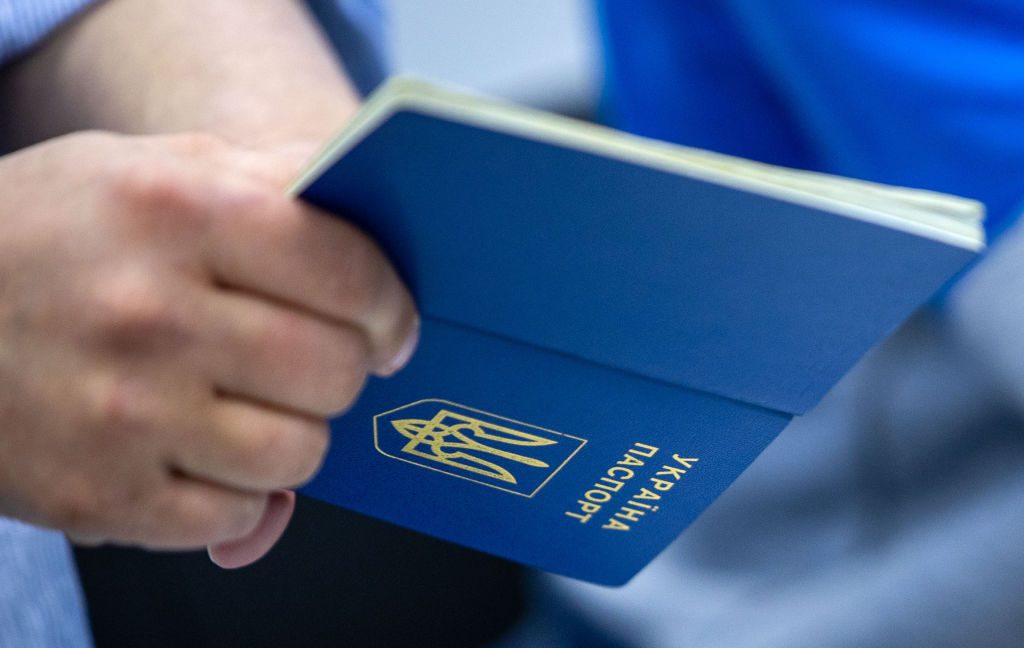
Preserving people is a goal that appears in various plans of the Ukrainian government — whether it concerns the physical protection of cities, military decisions, peace negotiations, or migration policy. One of the steps in pursuing this goal is the introduction of multiple citizenship. This can help restore justice and preserve millions of Ukrainians.
This concerns foreign volunteers defending Ukraine and their families who, for various reasons, effectively have no home. Additionally, citizens of other countries with Ukrainian roots will also be able to regulate their legal status. This also applies to residents of occupied territories who were forced to take passports from the aggressor country.
The initiative should also maintain connections with Ukrainians who have found refuge abroad. Countries that allow at least dual citizenship see demographic and economic advantages for themselves and thus facilitate naturalization. Without a compromise from the Ukrainian authorities, many people will choose a passport from another country.
Zaborona asked experts and readers about the “pros” and “cons” of introducing multiple citizenship.
Multiple citizenship in Ukraine: the president’s proposal
Multiple citizenship is when a person is defined as a citizen of two or more countries according to the laws of these countries.
Ukrainian legislation does not recognize multiple citizenship, but this issue is becoming increasingly relevant. In reality, many Ukrainians already have several passports, but according to the Constitution, the state considers them only as its citizens. At the same time, there is no procedure for declaring second citizenship, nor responsibility for having it.
In January 2024, President Volodymyr Zelenskyy proposed two bills to regulate this situation. The first (No. 10425) introduces the foundations for multiple citizenship, and the second (No. 11469) clarifies the details. On December 17, the Verkhovna Rada adopted the projects in principle, so there may be amendments and clarifications before the second reading.
Key innovations:
- One can acquire citizenship of Ukraine’s partner state without losing Ukrainian citizenship.
- Simplified citizenship procedure for citizens of over 40 countries (EU, G7, Norway, Switzerland), who can submit a declaration recognizing themselves as Ukrainians without renouncing their passports.
Descendants of those who lived or were born in Ukraine before 1991: in the UNR, ZUNR, Carpathian Ukraine, or Ukrainian SSR can obtain Ukrainian citizenship through this simplified procedure. This mainly concerns the Ukrainian diaspora.
- To obtain Ukrainian citizenship, one needs to submit a “declaration of recognition as a citizen of Ukraine” and pass tests in Ukrainian language proficiency and the basics of the Constitution and history of Ukraine within three years.
Such people should not be obligated to terminate their foreign citizenship and confirm this within two years. Moreover, according to the bill, fulfilling this obligation is also not required from some other categories of foreigners, including:
- Citizens of a state recognized by the Verkhovna Rada as an “aggressor state” (i.e., Russia) who have faced persecution there and can prove it;
- Refugees or people granted asylum by Ukraine;
- Foreigners who serve or have served under contract in the Armed Forces, State Special Transport Service, National Guard, their spouses and children;
- People who have outstanding merits to Ukraine and their spouses.
Confirming withdrawal from other citizenship is complicated, so this will be a significant relief.
Zaborona surveyed readers who are Ukrainian citizens. Only 12% of those who participated do not support the introduction of multiple citizenship in Ukraine.

The Diaspora is waiting
When submitting the bill, President Volodymyr Zelenskyy stated: “This document allows all ethnic Ukrainians and their descendants from different countries worldwide to have Ukrainian citizenship. Of course, except for Russian citizens.”
However, the bill is limited to a smaller list of countries than the president mentions. For example, the list doesn’t include Brazil, Kazakhstan, and Australia, where over 1 million Ukrainians live.
Overall, they promised to expand the list, but it’s unclear why they didn’t include the full list of countries right away.
According to a survey by the Kyiv International Institute of Sociology (KIIS) in February, almost half of the 1,202 respondents were neutral about introducing a simplified procedure for obtaining Ukrainian citizenship for Ukrainians who have citizenship in another country (except RF).
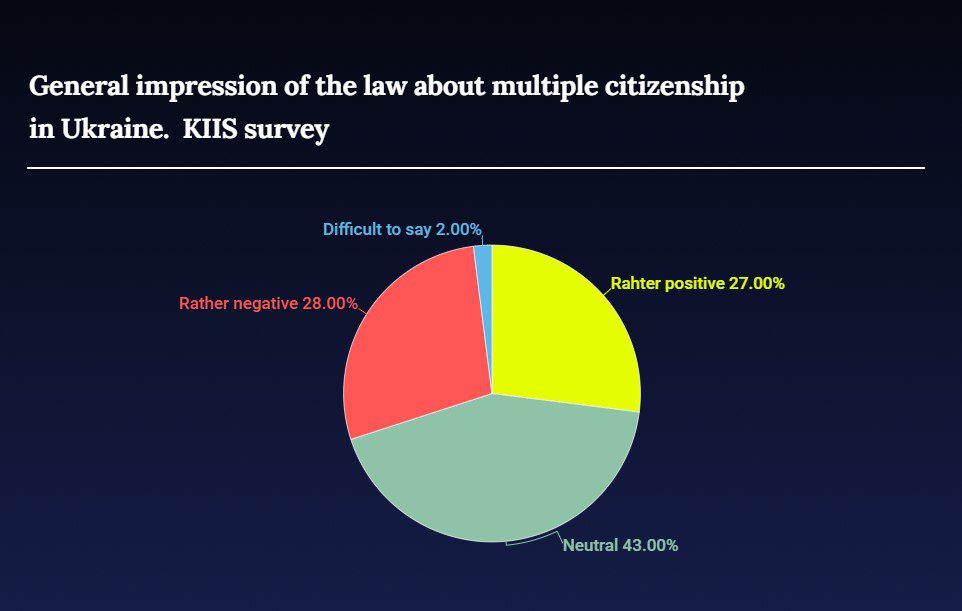
Equal rights for all Ukrainians
The Ukrainian World Congress, which is the voice of the Ukrainian diaspora worldwide, hopes that the institution of multiple citizenship will be introduced. Because this will allow uniting about 20 million overseas Ukrainians.
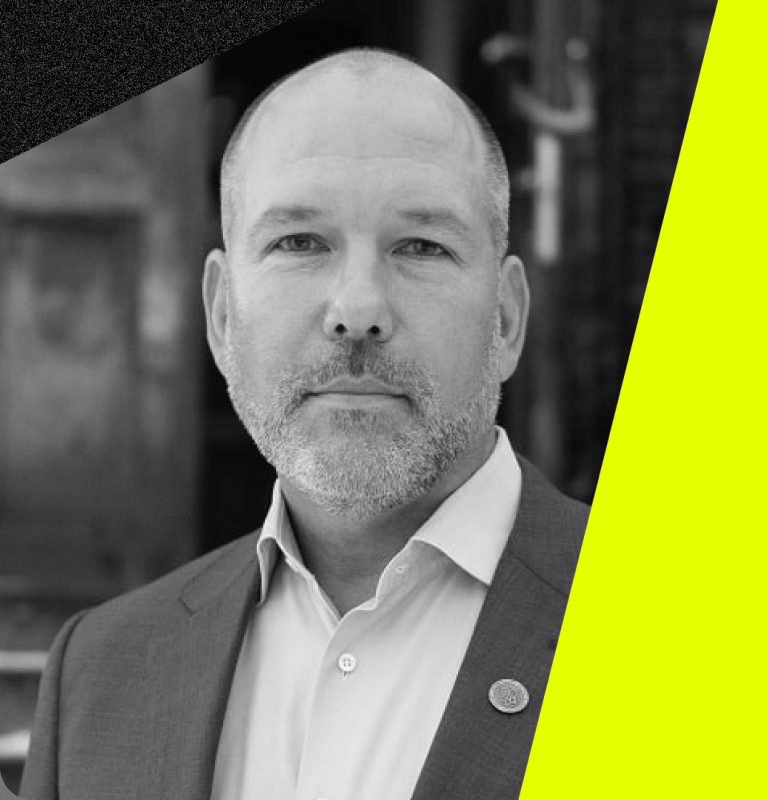
“These people are an important intellectual and economic resource for Ukraine’s recovery after the war. Legalizing multiple citizenship will help attract this potential, preserve Ukrainian identity, and bring out of the shadows those who already have several passports,” says the organization’s president, Pavlo Grod.
At the same time, he emphasizes that all citizens should have equal rights. In past initiatives, there were indeed proposals to restrict the rights of Ukrainians with multiple passports and prohibit them from voting or being elected to public office. Such norms are absent in the currently submitted bills. And lawyers consider this the right step.
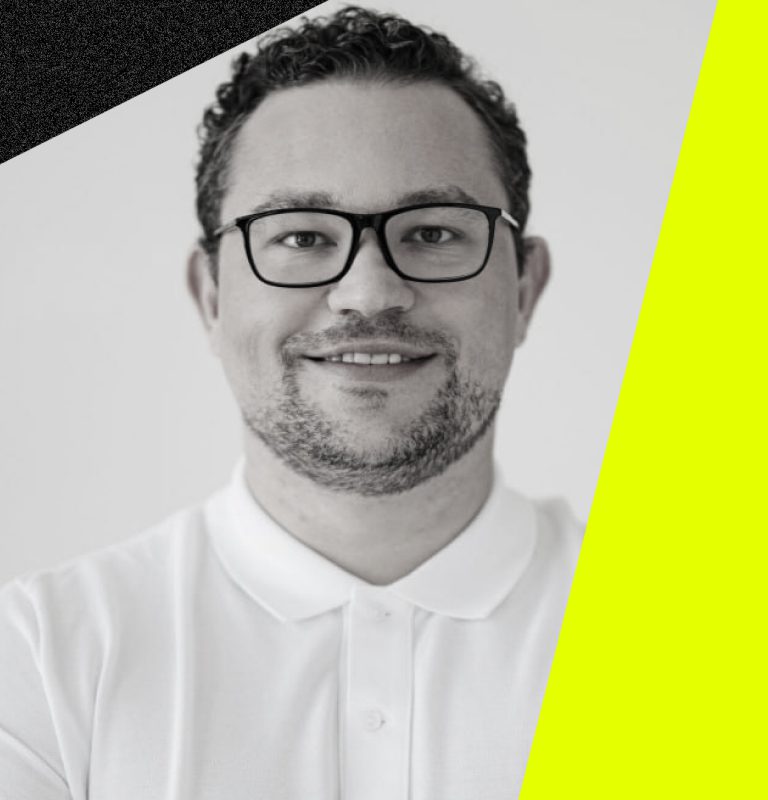
“If a person becomes a citizen of Ukraine, they receive voting rights. But they can run for parliament or president only after five years of continuous residence in Ukraine. This is defined by electoral law. There are no restrictions for other public positions — there have already been cases when overseas Ukrainians received passports and held positions. We should provide such opportunities to citizens. The main thing is that by law, a person becomes a full citizen of Ukraine with all rights and obligations,” emphasized Vasyl Cherednichenko, a lawyer specializing in migration law.
Motivation for Ukrainian citizenship
However, the Ukrainian World Congress couldn’t answer how many diaspora members want to obtain Ukrainian citizenship. Meanwhile, Dr. Oleksandr Hladun, Doctor of Economic Sciences and Deputy Director of the Institute of Demography and Quality of Life Problems at the National Academy of Sciences of Ukraine, is not convinced that this initiative will promote mass return of Ukrainians.
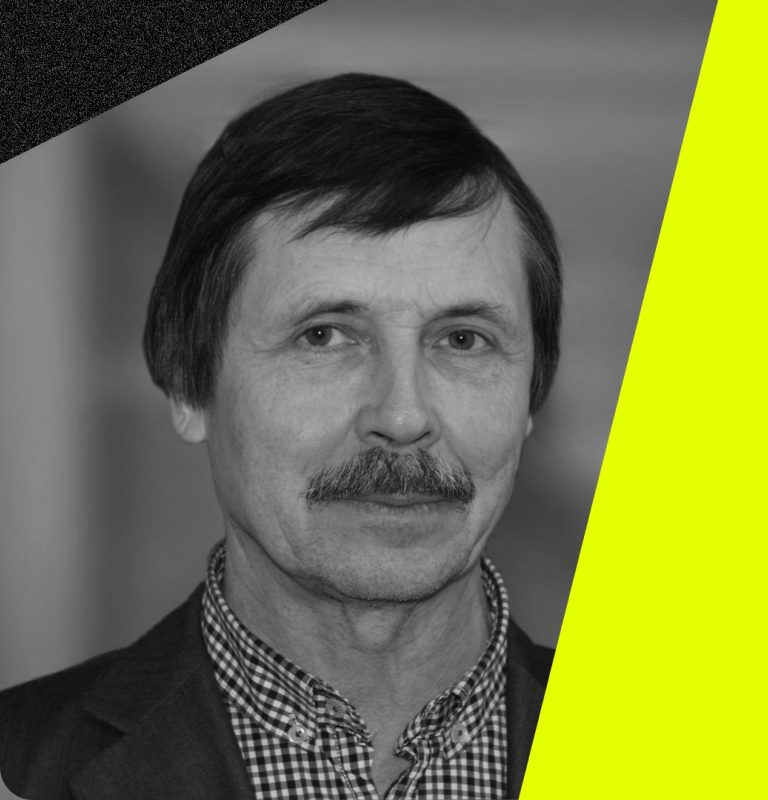
“They left Ukraine long ago and are fully settled in their countries of residence. They live there because it’s better for them there. And why on earth would they start returning? Will we convince them just with the possibility of having two passports?” the demographer doubts.
According to him, the government should work on ensuring a decent life for Ukrainians in Ukraine. And then we might see diaspora interest in returning to their homeland.
Ukrainian citizenship for foreign volunteers
One of the bill’s tasks is to allow foreign volunteers to obtain Ukrainian citizenship without losing their own.
“People who shed blood for our land, and their relatives, have earned this right. But they need to be thoroughly checked. Perhaps a special agency or joint international group is needed to avoid corruption,” noted one of the respondents in Zaborona’s survey.
The amended legislation can also speed up the process itself, as the procedure for renouncing previous citizenship takes considerable time.
“The initiative is designed to simplify life for such foreign volunteers, many of whom now have relationships with Ukrainian women. They want to marry and stay in Ukraine,” says immigration lawyer Ivan Honcharov.
Moreover, by obtaining Ukrainian citizenship, a foreigner can receive protection from persecution in their native country and the threat of deportation.
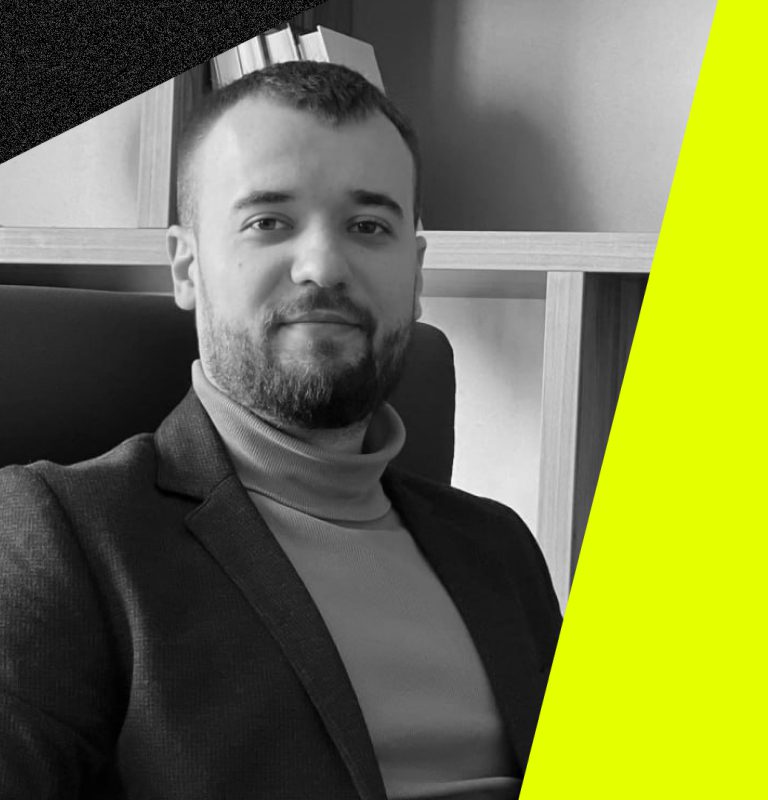
“Foreigners from different countries are fighting. Including those where their activities are subject to criminal liability. For example, according to French legislation, the participation of their citizens in combat operations in other countries is considered mercenary. By obtaining Ukrainian citizenship, such a person comes under the protection of Ukrainian legislation,” explains Honcharov.
“If a foreigner has acquired Ukrainian citizenship and there is a request for their extradition, criminal procedural law works here. Again, according to the proposed bill, such a person is recognized exclusively as a citizen of Ukraine,” adds Vasyl Cherednichenko.
What about volunteers from Russia?
All these simplifications do not apply to Russian citizens, as dual citizenship with the aggressor country will be prohibited. At the same time, quite many Russians have been fighting on Ukraine’s side since the beginning of the war. And many of them would like to obtain a Ukrainian passport.
“I support granting Ukrainian citizenship to foreigners, but they should not come from RF, Belarus, DPRK, or Iran. Unless exceptions should be made for volunteers,” emphasizes one of the respondents in Zaborona’s survey. Note that there are several similar responses, and as mentioned earlier, thorough verification is proposed.
For volunteers from aggressor countries, the possibility introduced in 2021 of declarative withdrawal from Russian citizenship remains. That is, they don’t need to submit an obligation to renounce citizenship of another country — only a declaration that in Ukraine they will exclusively use a Ukrainian passport. The same applies to their families.
Similarly, in August 2024, law No. 9585 was passed, which allows foreigners and stateless persons defending Ukraine to apply for citizenship even with expired documents. The document also reduces the mandatory residence period in Ukraine from five to three years. And for foreigners discharged from service due to health conditions, residence periods won’t be considered at all.
Volunteers from other countries not included in the “white” list can acquire Ukrainian citizenship on the same principle. For example, Belarusians, Kazakhs, Georgians, and others.
What will happen to Ukrainians in occupied territories?
Human rights defenders were concerned about the bill’s provision that provides for the loss of Ukrainian citizenship by persons who voluntarily acquired citizenship of “a state recognized by the Verkhovna Rada of Ukraine as an aggressor state or occupying state.” In their opinion, this creates risks for residents of occupied territories under pressure and forced to take Russian passports.
As Ivan Honcharov explains, this provision does not apply to Ukrainian citizens who received aggressor country citizenship in occupied territories. “Ukraine has long declared that it considers forced passportization by Russians illegal, and all people who received Russian passports under occupation are its citizens. However, there is a slippery moment for collaborators who could have received RF passports voluntarily. But this should already be handled by special services,” the lawyer believes.
Another problem is detecting second citizenship, especially concerning Russia.
“This law doesn’t create a verification mechanism. And there is no mechanism for interstate data exchange about who receives what citizenship. That is, everything remains as it is now unless you’re caught red-handed when using this passport,” says Vasyl Cherednichenko.
In Zaborona’s survey, opinions were divided on the question: of whether separate legislation is needed for residents of territories occupied by RF who were forcibly given passports.

“People who were forced under occupational authority to obtain RF citizenship — after all, were Ukrainian citizens not so long ago [international law, we remind, doesn’t recognize forced passportization]. Therefore, it would seem logical to restore their full citizen status (by their own will) with subsequent personalized procedure for annulling the passport received not by their own will,” expresses one respondent.
Europe is interested in Ukrainians
With the start of the full-scale war, millions of Ukrainians left for European countries, where they were optionally given temporary protection and monetary payments. Of course, this created considerable economic pressure on the European Union. But over time, the situation changed dramatically.
Ukrainians became a source of labor force in the EU, actively integrating into the labor market. And they themselves began supporting the economy of the countries where they live. Margaryta Sytnyk, spokesperson for the EWL Migration Platform — one of the largest employment companies in the European Union — told Zaborona that according to research, Ukrainian refugees’ contribution to the European economy ranges from 0.5 to 1.5 percent, depending on the country. This, according to her, is quite a high indicator.
Contribution to EU countries’ economies
Thus, Deputy State Secretary of the Ministry of Internal Affairs and Administration of the Republic of Poland Maciej Duszczyk said in early 2024 that thanks to working Ukrainians, Poland’s GDP growth rate over five years will reach 1-1.2%.
In 2023, the Organization for Economic Cooperation and Development (OECD) calculated that Ukrainian refugees’ additional contribution to annual GDP growth rates would equal 1.2% per year for the Czech Republic, Poland, and Estonia, and almost 0.8% for Hungary, Latvia, Slovakia, Lithuania, and Romania. Even in Great Britain, it fluctuates around 0.2%. And these are billions of euros per year.

“Now European countries are increasingly trying to integrate Ukrainian citizens in their host countries. They expand their employment opportunities and promote greater integration of children. For example, Germany implemented the JobTurbo program, which allows Ukrainians to work even without perfect language knowledge, which was previously one of the main requirements. This helped double the number of employed Ukrainians — from 20% to 38%. In Austria since October [2024], they introduced the possibility for employed Ukrainian refugees to receive work visas instead of temporary protection,” says Margaryta Sytnyk.
Return to Ukraine or not?
In Poland and the Czech Republic, they promote Ukrainian children’s integration by offering additional financial assistance to families whose children attend local schools and implementing mixed classes.
With adaptation to life in Europe, the number of Ukrainians considering staying there for the long term is growing.
“Our research shows that about 10-15% of Ukrainians have already decided to stay in their current countries of residence permanently. Another 20% (that is, every fifth person) haven’t decided yet. They will make decisions when it becomes clear that the war is over, how safe it is to return, and what the economic and political situation in Ukraine is. From our experience, many may stay for several more years after the war ends to observe in which direction the country is moving,” noted Sytnyk.

Permanent residence permit instead of temporary protection
So it’s quite logical that European governments are pushing for naturalization. Those who want to continue staying in Europe are already being offered other forms of legal stay in the EU in various countries. Thus, from 2025, Ukrainians in Poland who have Pesel UKR will be able to obtain CUKR residence cards. It gives the opportunity to legally stay in the country and work for three years.
In the Czech Republic, from 2025, there will be an opportunity to apply for a new type of long-term residence permit (dlouhodobý pobyt). It will allow foreigners to stay in the country for five years, while getting free access to the labor market. All this will allow Ukrainians to apply for citizenship in these countries in the future.
European Commissioner for Migration Ylva Johansson told Radio Free Europe that Europe is considering the possibility of granting permanent status for Ukrainian refugees. According to her, the EU should offer a solution for two categories:
- first — those who want to stay in Europe with permanent residence permits;
- second — those who are ready to return home and need support.
Johansson explained that EU countries are actively working on a joint solution, also discussing counting temporary protection time when applying for permanent residence.
Attempt to overcome the demographic crisis in the EU
Besides improving the economic situation through Ukrainian refugees, Europe wouldn’t mind solving another problem — demographics. The number of people aged 65 and over is increasing in the EU, while birth rates remain quite low. According to Eurostat, in 2022, the total fertility rate in the EU (number of newborns per woman of reproductive age) was 1.46, with 2.1 needed.
However, demographer Oleksandr Hladun notes that Ukrainian migration to the EU can only temporarily improve the demographic situation in European countries. “Population aging is a global process occurring not only in Europe but worldwide, although with different intensities,” the expert says. “This is the natural course of things.”
When analyzing the demographic situation, it’s important to consider population size, its structure, as well as birth and death rates.
“If some Ukrainian migrants stay in Europe, this will indeed slightly increase the population in individual countries. However, considering that the death rate in the EU exceeds the birth rate, migrant influx can only temporarily slow this process but cannot stop it completely,” explains Hladun.
But Europe only benefits from integrating Ukrainian refugees and will promote their staying there. Soon, Ukrainian citizens may face a choice — a Ukrainian passport or a passport of an EU member state.

Introducing multiple citizenship allows Ukrainians to obtain citizenship of another state without renouncing their own. Most European governments allow having two or more passports. EU country citizenship will help Ukrainians integrate into society faster, work without restrictions, access quality education, healthcare, and use social guarantees.
At the same time, maintaining Ukrainian citizenship will promote maintaining cultural, social, and economic ties with the homeland. And in the future — returning to Ukraine.
The material was created and published with support from Mediaset




